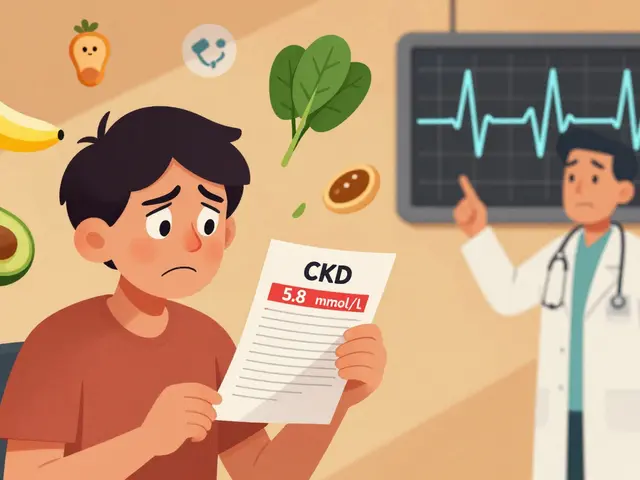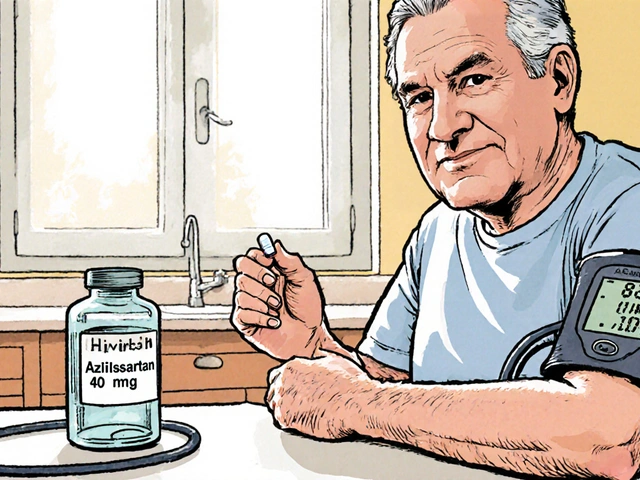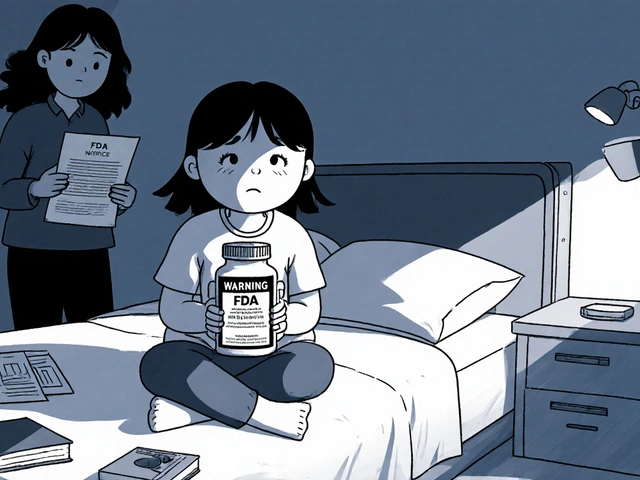Statin Tablet: What It Is and Why You Might Need One
If your doctor mentioned a statin tablet, you probably wondered what it actually does. In simple terms, a statin tablet is a pill that lowers the amount of bad cholesterol (LDL) in your blood. Lower LDL means less buildup on artery walls, which reduces the risk of heart attacks and strokes.
Statins are among the most prescribed medicines for heart health. They’re not a miracle cure, but they work well when combined with a healthy diet and regular exercise. Most people start taking them after a blood test shows high LDL or if they have other risk factors like diabetes or a family history of heart disease.
How Statin Tablets Lower Cholesterol
The magic happens in your liver. Your liver makes cholesterol using an enzyme called HMG‑CoA reductase. A statin tablet blocks that enzyme, so less cholesterol is produced. With lower production, the liver pulls more LDL out of the bloodstream to keep its own supply steady.
This process can drop LDL levels by 20% to 60%, depending on the dose and the specific statin you use. The result? Cleaner arteries, better blood flow, and a lower chance of plaque rupturing – which is what triggers many heart attacks.
Safety Tips & Common Side Effects
Most people tolerate statins just fine, but it’s good to know the usual side effects. Muscle aches are the most common complaint; they feel like mild soreness and often go away on their own. If you notice severe pain or weakness, call your doctor right away.
Other occasional issues include a slight rise in blood sugar, digestive upset, or memory fog. These are usually mild and don’t require stopping the medication unless they become disruptive.
To stay safe, take your statin tablet at the same time each day – usually in the evening because your liver makes most cholesterol while you sleep. Avoid grapefruit juice, which can raise drug levels and increase side‑effect risk.
If you’re on multiple medications, ask your pharmacist about possible interactions. Some antibiotics, antifungals, and other heart drugs can affect how statins work.
Regular check‑ups are key. Your doctor will likely order a blood test after a few weeks to see how well the tablet is lowering LDL. Adjustments to dose or switching to another statin may be needed based on those results.
Remember, lifestyle changes still matter. A diet low in saturated fat, more fruits and veggies, and at least 150 minutes of moderate exercise each week boost the benefits of your statin tablet.
If you’re hesitant about starting a statin, talk openly with your doctor about your concerns. They can explain why they think it’s right for you and what to expect in the first few months.
In short, a statin tablet is a proven tool for keeping cholesterol in check and protecting heart health. Use it as directed, stay aware of side effects, and pair it with good habits – that’s the recipe for a healthier heart.











